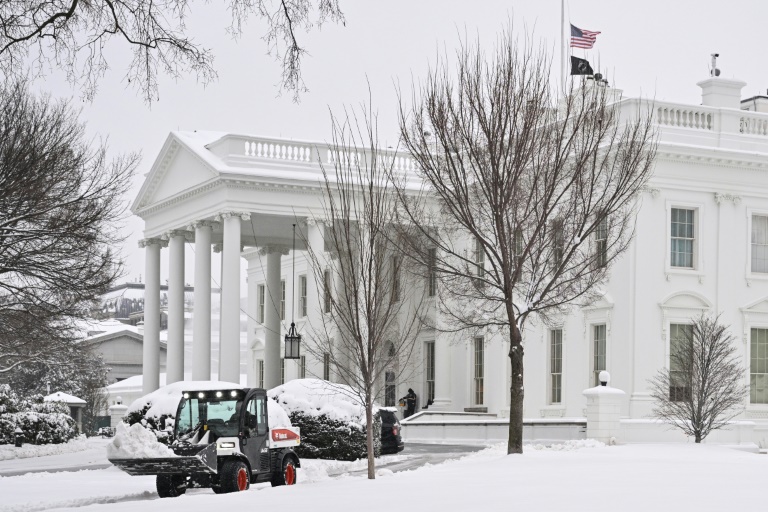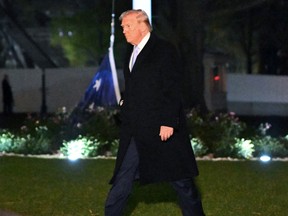Science
Republicans Spend More on Science Funding, Study Reveals

A recent analysis conducted by researchers at Northwestern University indicates that from 1980 to 2020, Republican-controlled administrations and House majorities allocated more funding for science than their Democratic counterparts. This finding comes as the Republican Party faces criticism for a growing skepticism towards scientific consensus, particularly concerning climate change and vaccines.
The study, led by researchers Dashun Wang and Alexander Furnas from the Kellogg School of Management, examined public records maintained by the U.S. Government Publishing Office and the Congressional Budget Office. By assessing federal funding appropriations, the researchers analyzed how science funding has evolved over four decades.
Funding Trends Over Four Decades
The research identified 171 specific appropriations accounts across 27 federal agencies involved in science or research. Funding sources included not only traditional research and development (R&D) but also social science and policy research. Notable agencies included NASA, the Institute for Education Sciences within the U.S. Department of Education, the Census Bureau, and the National Institute of Standards and Technology within the Department of Commerce.
Overall, the findings showed that science-related appropriations received, on average, $150 million more in years when Republicans controlled the House and $100 million more during Republican presidencies. This analysis highlights the significant role political control plays in determining funding levels for scientific endeavors.
Understanding the Implications
The study aims to shed light on the dynamics of science funding in the United States, with hopes of fostering bipartisan support for science advocacy and policy design. The results underscore the importance of understanding how political dynamics influence funding allocations, especially as discussions around scientific issues become increasingly polarized.
The research findings were published in the journal Science, titled “Partisan disparities in the funding of science in the United States.” The implications of these findings are far-reaching, potentially affecting future funding strategies and the overall landscape of scientific research in the country.
As political conversations around science funding continue, the researchers emphasize the need for a collaborative approach to ensure that science remains a priority, regardless of partisan affiliations. In a time marked by misinformation, understanding the historical context of science funding may serve as a crucial step toward bridging the gap between scientific inquiry and political discourse.
-

 Politics4 weeks ago
Politics4 weeks agoSecwepemc First Nation Seeks Aboriginal Title Over Kamloops Area
-

 World5 months ago
World5 months agoScientists Unearth Ancient Antarctic Ice to Unlock Climate Secrets
-

 Entertainment5 months ago
Entertainment5 months agoTrump and McCormick to Announce $70 Billion Energy Investments
-

 Science5 months ago
Science5 months agoFour Astronauts Return to Earth After International Space Station Mission
-

 Lifestyle5 months ago
Lifestyle5 months agoTransLink Launches Food Truck Program to Boost Revenue in Vancouver
-

 Technology3 months ago
Technology3 months agoApple Notes Enhances Functionality with Markdown Support in macOS 26
-

 Lifestyle3 months ago
Lifestyle3 months agoManitoba’s Burger Champion Shines Again Amid Dining Innovations
-

 Top Stories2 months ago
Top Stories2 months agoUrgent Update: Fatal Crash on Highway 99 Claims Life of Pitt Meadows Man
-

 Politics4 months ago
Politics4 months agoUkrainian Tennis Star Elina Svitolina Faces Death Threats Online
-

 Sports5 months ago
Sports5 months agoSearch Underway for Missing Hunter Amid Hokkaido Bear Emergency
-

 Politics5 months ago
Politics5 months agoCarney Engages First Nations Leaders at Development Law Summit
-

 Technology5 months ago
Technology5 months agoFrosthaven Launches Early Access on July 31, 2025





















